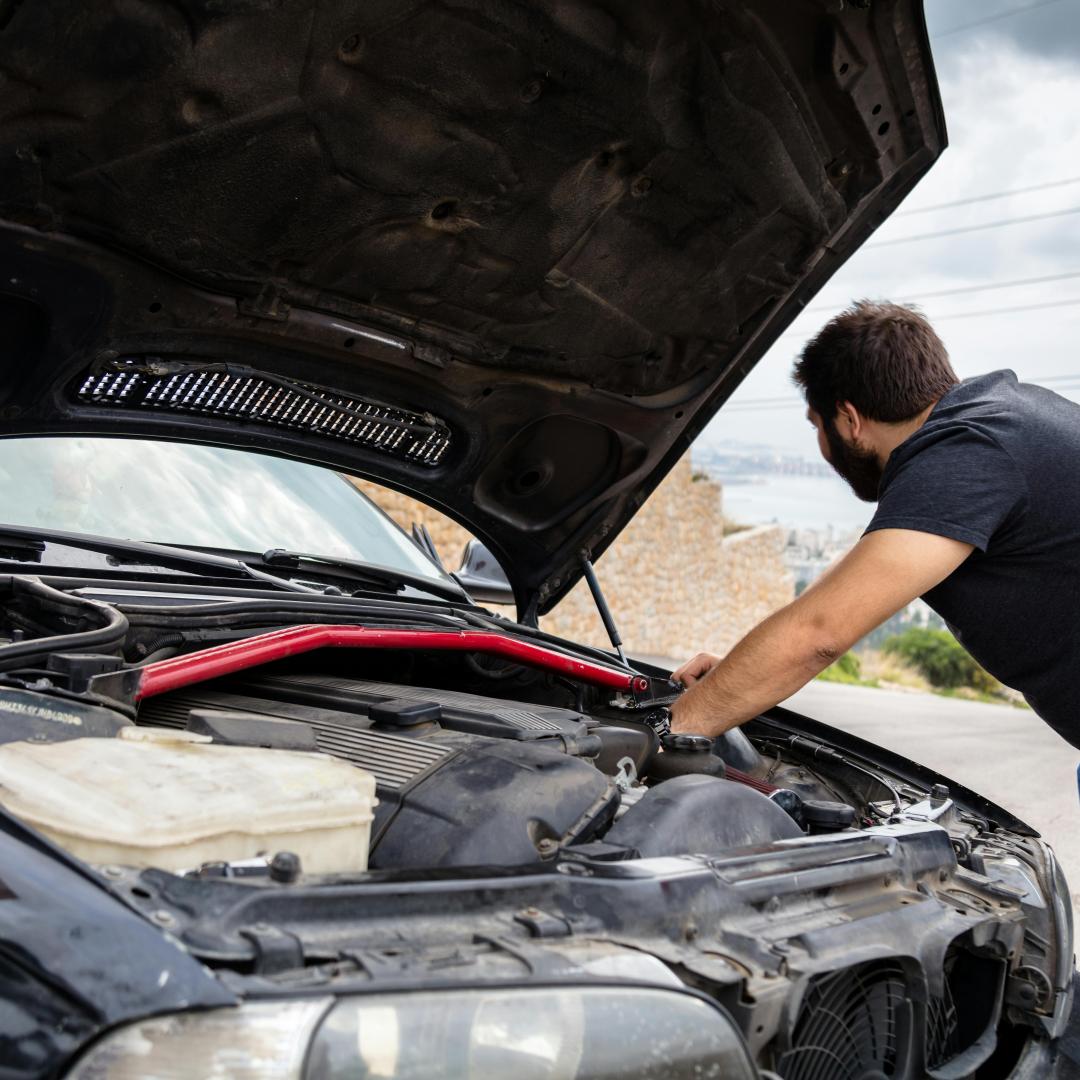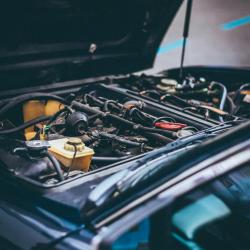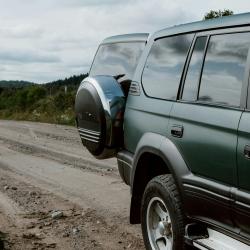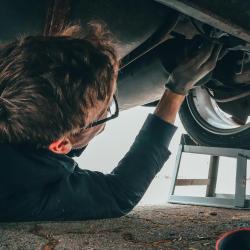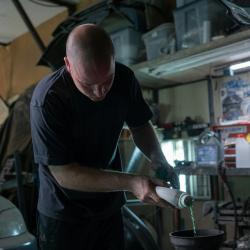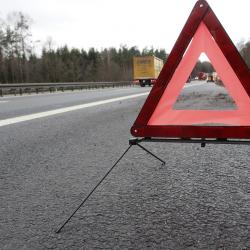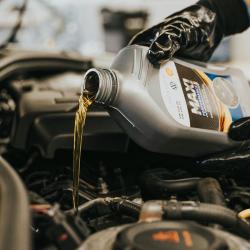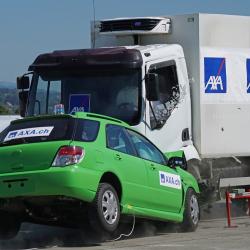How to Perform a Basic Car Inspection Before Every Trip
Whether you're planning a long road trip or simply commuting to work, performing a basic car inspection before every journey is an essential practice for ensuring both your safety and the longevity of your vehicle. By dedicating just a few minutes to examination and maintenance tasks, you can catch potential issues early, avoid unexpected breakdowns, and drive with peace of mind. Here’s how you can conduct a basic car inspection before hitting the road.
- Check Tire Condition and Pressure:
Tires are your vehicle's only contact with the road, making their condition crucial for safety. Before your trip:
- Inspect each tire for visible damage such as cuts, punctures, or unusual wear patterns.
- Use a tire pressure gauge to check that each tire is inflated to the manufacturer's recommended PSI (often found in the owner’s manual or on the driver’s doorjamb).
- Remember to examine the spare tire as well, ensuring it's in suitable condition and properly inflated.
- Inspect Fluid Levels:
Fluids are the lifeblood of your vehicle, crucial for smooth operation:
- Engine Oil: Check the oil level with the dipstick, ensuring it’s within the recommended range. Top it up if necessary and take note of its color and consistency; dark or gritty oil may need a change.
- Coolant: Inspect the coolant level in the reservoir. A lower-than-expected level could indicate a leak.
- Brake Fluid: Ensure the brake fluid is topped up, as a low level can affect braking performance.
- Windshield Washer Fluid: Confirm there’s enough washer fluid for a clear view through the windshield.
- Power Steering and Transmission Fluid: Check these only if your vehicle’s design allows easy access.
- Test the Lights:
Properly functioning lights are vital for visibility and communication with other drivers. Turn on your vehicle and check:
- Headlights (both high and low beams)
- Tail lights
- Brake lights
- Turn signals
- Hazard lights
- Reverse lights
Replace any bulbs that are not functioning properly to ensure you remain visible and compliant with traffic laws.
- Evaluate Braking System:
A well-maintained braking system is non-negotiable for safe driving. Listen for unusual noises when applying the brakes. Grinding sounds may suggest worn-out brake pads, while squealing could indicate the need for servicing. If you experience any abnormalities, have your brakes inspected by a professional.
- Examine Wiper Blades and Windshield:
Clear visibility is a must, especially during adverse weather conditions:
- Check the condition of your wiper blades and replace them if they show signs of cracking or skipping.
- Inspect the windshield for chips or cracks, which can obstruct your view or worsen over time. Address any damage promptly.
- Test the Battery:
A dead battery can leave you stranded, so ensure yours is in good health:
- Look for corrosion on the terminals and clean them if necessary.
- Check that the battery is secure in its housing.
- If your battery is more than three years old, consider testing its charge with a voltmeter or having it assessed by a professional.
- Inspect Belts and Hoses:
Worn-out belts and hoses can lead to breakdowns, so give them a quick glance:
- Look for cracks, splits, or wear on belts.
- Check hoses for leaks, bulges, or fraying.
- Ensure all connections are secure.
- Monitor Dashboard Indicators:
Before setting off, turn on your vehicle and pay attention to any warning lights on the dashboard. These indicators can alert you to maintenance issues that require immediate attention.
Conclusion:
Performing a basic car inspection before every trip doesn't take much time, yet it significantly enhances your safety and the reliability of your vehicle. By making these checks routine, you can identify potential problems early, save on repair costs, and ensure that you reach your destination safely. Remember, if you encounter any issues beyond simple maintenance, it's always best to consult a professional mechanic. Safe travels!
